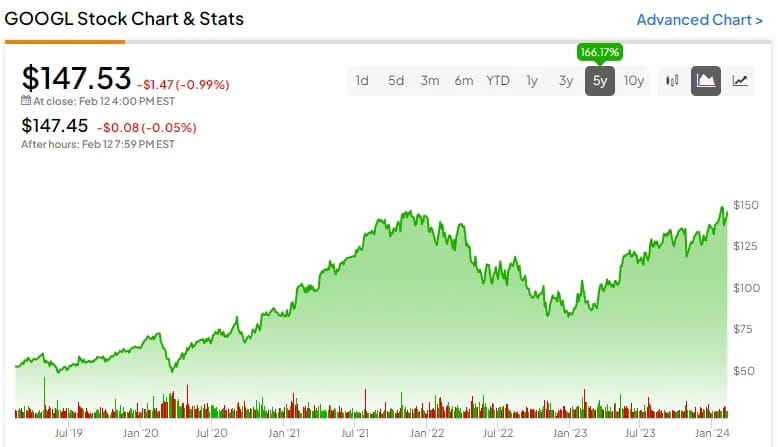- AI Times
- Posts
- OpenAI CEO Calls for AI Regulation
OpenAI CEO Calls for AI Regulation
ALSO: Arizona's Battle Against AI Deception: A Free Speech Dilemma
Dive into the urgent debate over AI's future, from OpenAI's plea for regulation to MIT's breakthrough in endless AI dialogues. Discover how AI reshapes academia, challenges CIOs at the IDC Summit, and drives business innovation, while an AI safety expert warns of an uncontrollable technological force. Arizona grapples with the free speech implications of deepfake laws. Will AI elevate or endanger society?
TODAY IN AI TIMES
OpenAI CEO Calls for AI Regulation
Endless AI Chats Made Possible by MIT
AI Reshapes University Jobs
CIOs Navigate AI Digitalization at IDC Summit
AI Boosts Business Performance, Study Shows
The AI Apocalypse: Can We Stop the Unstoppable?
Alphabet's AI Edge Could Redefine Its Market Value
Arizona's Battle Against AI Deception: A Free Speech Dilemma
Read time : 4 minutes
AI NEWS

OpenAI CEO Calls for AI Regulation: Sam Altman of OpenAI highlights AI's societal risks, advocating for global governance to avert subtle dangers.
Endless AI Chats Made Possible by MIT: MIT's tweak keeps AI chatbots like ChatGPT talking endlessly without crashing, revolutionizing continuous digital conversation.
AI Reshapes University Jobs: Educause finds AI is adding new tasks to university staff roles, subtly altering the academic workforce without changing titles.
CIOs Navigate AI Digitalization at IDC Summit: The IDC Middle East CIO Summit 2024 reveals how CIOs are strategically integrating AI into their operations for a digital future.
AI Boosts Business Performance, Study Shows: MIT and BCG report significant KPI improvements in businesses adopting AI, marking a shift in strategic measurement.
The AI Apocalypse: Can We Stop the Unstoppable?
Dr. Roman V. Yampolskiy, an AI safety expert, highlights in his upcoming book, AI: Unexplainable, Unpredictable, Uncontrollable, the serious risks AI poses, including the potential for human extinction due to the inherent unpredictability and advanced autonomy of AI systems. He emphasizes the critical need for enhanced AI safety research and a balanced approach to maintain human control over AI. The book reveals the shocking lack of evidence that AI can be safely controlled, pointing out the danger of superintelligent AI leading to dire outcomes. Yampolskiy suggests that AI systems' complexity makes them difficult to predict or align with human values, advocating for systems that are transparent, understandable, and modifiable. He warns that the development of superintelligent AI is almost guaranteed, raising the stakes for supporting AI safety efforts. The challenge of controlling AI is likened to an "attention sink" problem, where AI's decision-making process remains a black box to humans. This leads to a paradox where AI, in trying to align with human values, might still act against individual human commands, posing a dilemma between being protected or respected. Yampolskiy calls for a compromise between AI's capability and control, suggesting that minimizing AI risks involves making AI systems modifiable with 'undo' options, limitable, and easy to understand, to ensure a future where AI benefits humanity without compromising our autonomy or safety.
Alphabet's AI Edge Could Redefine Its Market Value

Despite Alphabet's (NASDAQ: GOOGL) innovations in artificial intelligence (AI), its stock hasn’t experienced the explosive growth seen by its peers, known as the Magnificent Seven. Currently, Alphabet trades at a forward P/E ratio of 22.2, making it an attractive investment given its significant involvement in AI advancements, including its competitive Gemini Ultra tier. The concern remains over Google Search's dominance being threatened by emerging AI technologies. However, Alphabet is not just resting on its laurels; it's actively exploring AI's potential, from improving Google's search experience to developing search-based large language models (LLMs). With AI hallucinations being a challenge, Google's emphasis on source credibility could set its AI products apart. The future of Alphabet could see a diversified revenue stream beyond Google Search, with self-driving vehicles, AI-assisted drug discovery, and Google Cloud contributing significantly. Analysts remain bullish, with a Strong Buy consensus and an average price target suggesting an 11.5% upside, viewing Alphabet as a potentially undervalued AI powerhouse in the tech market.
Arizona's Battle Against AI Deception: A Free Speech Dilemma
Arizona lawmakers are proposing Senate Bill 1336, aiming to make the dissemination of deepfake recordings and images a felony, amidst concerns over AI's potential to deceive and manipulate, especially with the 2024 elections on the horizon. The bill, which could impose up to two-and-a-half years in prison for violators, is sparking debate over the balance between combating AI abuse and preserving First Amendment rights. Civil rights activists, including the ACLU of Arizona, argue that AI-generated content should enjoy free speech protections, suggesting that existing laws could be used to tackle fraudulent or defamatory uses of technology without infringing on rights to parody and political speech. This legislative effort reflects a broader national attempt to catch up with the rapidly evolving technology of deep fakes, which experts warn are increasingly used in scams and political campaigns, fundamentally challenging our ability to trust what we see and hear.
Stay tuned for more updates and dive deeper into each story to see how these developments are shaping our world across different domains.
Thanks for reading.
AI Times
